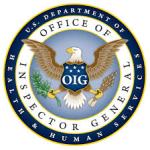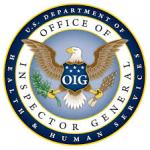 By: Karina Gonzalez
By: Karina Gonzalez
A recent whistleblower action (by UnitedHealthcare Medical Director, Tina Groat) against Boston Heart (laboratory) was brought under the federal False Claims Act and deals with medical necessity issues. As part of the analysis, the Court reviewed whether a laboratory [or supplier like DME] must determine the medical necessity of the ordering physician. Boston Heart contended that a doctor, not a laboratory, determines the medical necessity of a test. Boston Heart argued that when a laboratory bills Medicare for testing ordered by a physician, it must only maintain documentation it receives from the ordering physician and ensure that the information that it submitted with the claim accurately reflects the information it received from the ordering physician. It noted that the CMS-1500 form certification does not require that the billing lab to make the medical necessity determination. The lab certifies that the services are medically necessary by relying on the clinical determination of the treating physician.Continue reading

 By:
By:  By:
By: 






